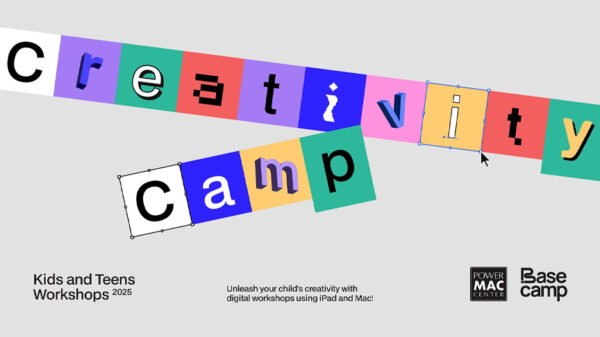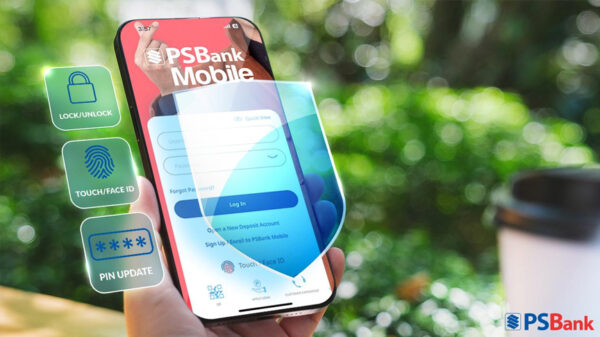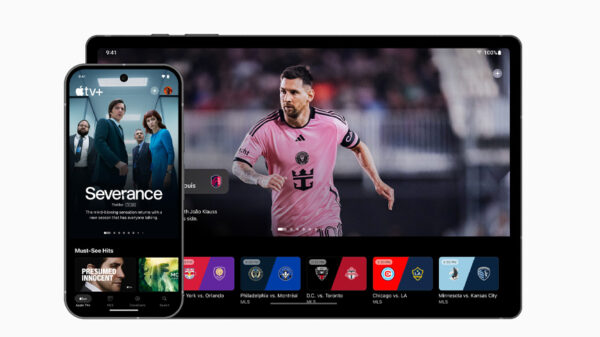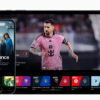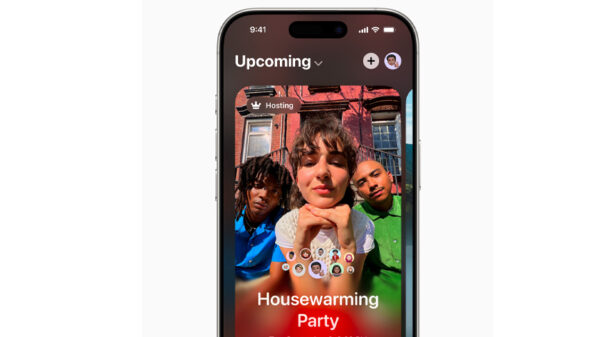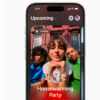People find it convenient to use Facebook or other social media accounts to sign up for most new apps and services, but they prefer to use their e-mail address or open a new account if they feel the information in the app is too sensitive, according to a team of researchers.
In a study, the researchers said participants were willing to use their Facebook ID to access relationship apps, such as class reunion and matchmaking apps, but balked at using the same feature for an app that arranges extramarital affairs.
The findings suggest that because people try to keep sensitive areas of their relationships separate from other parts of their lives, they may hesitate to use single sign-on services, said S. Shyam Sundar, James P. Jimirro Professor of Media Effects in the Donald P. Bellisario College of Communications and co-director of the Media Effects Research Laboratory.
“Even though technically one’s activities on Tinder will not be visible to friends on Facebook, they seem to have a psychological fear of that happening, so they want to keep their social networks separate and not have them bleed over into other parts of their lives,” said Sundar. “Just the idea that they might be using a hook-up app or affair app would be too scandalous for some people and wouldn’t be something they would want shared.”
Eugene Cho, doctoral student in mass communications and lead author of the study, said users prefer to use their e-mail address or open a new account on these sensitive apps rather than use their Facebook login credentials. “They seemed to be wary of potential leakage of data from these apps to their social networks,” she added.
Sundar, who is also an affiliate of Penn State’s Institute for Computational and Data Sciences (ICDS), suggested that the findings have broader implications outside of the realms of dating and relationships.
“This is just as applicable to sites that enable financial transactions, such as stock trading sites, or bank sites, where people are very concerned about their information and protecting their transactions,” said Sundar. “We just happened to choose these sites for the study because it provides a venue that is easy to explore in an experiment.”
According to the researchers, who released their findings in the Proceedings of the ACM Conference on Human Factors in Computing Systems (CHI 2020), the single sign-on is designed to make logging on to apps more convenient. Many apps allow users to either create a new account or, to save trouble, use their Facebook or Twitter login credentials.
“We are using so many apps these days that the single sign-on is a convenient way to access so that way you don’t have to create yet another account, or remember yet another password,” said Sundar, who worked with Eugene Cho and Jinyoung Kim, both doctoral students in mass communications at Penn State.
According to Cho, the main reason why people use their Facebook ID instead of using their e-mail address or creating a new account is the ease with which they can share the app with their friends. “The flipside is that it prevents them from using their social media login information for privacy-sensitive apps,” she added.
Sundar said that security-conscious users are particularly prone to this tendency. “We found that the tendency to avoid using Facebook ID for affair apps was significantly higher for individuals who have less faith in the security of online systems in general,” he added.
He added that designers and developers must address the skepticism about using these apps.
“There’s a perception problem that many mobile and social media applications, in general, have, that many people do not perceive them as secure and trustworthy,” said Sundar. “So, this means designers and developers need to do more work to convince users that the single sign-on service will keep the information separate from their social networks.”
The researchers suggested that more disclaimers and security assurances may bolster the use of single sign-on services, but added that actual security must be maintained.
To conduct the experiment, the researchers created four different sign-up pages for relationship apps with varying degrees of sensitivity, including a high school reunion app, a matchmaking app for more serious relationships, a hook-up app for less serious dating, and an affair-arrangement app.
They then recruited 364 participants through an online microwork site and randomly assigned them to one of those four conditions. The participants could either choose to access the app through one of three social media single sign-on features, or use their e-mail address or create a new account specifically for that app.
The participants were then asked a series of questions on perceived security, ease of sharing and usability of the app.




